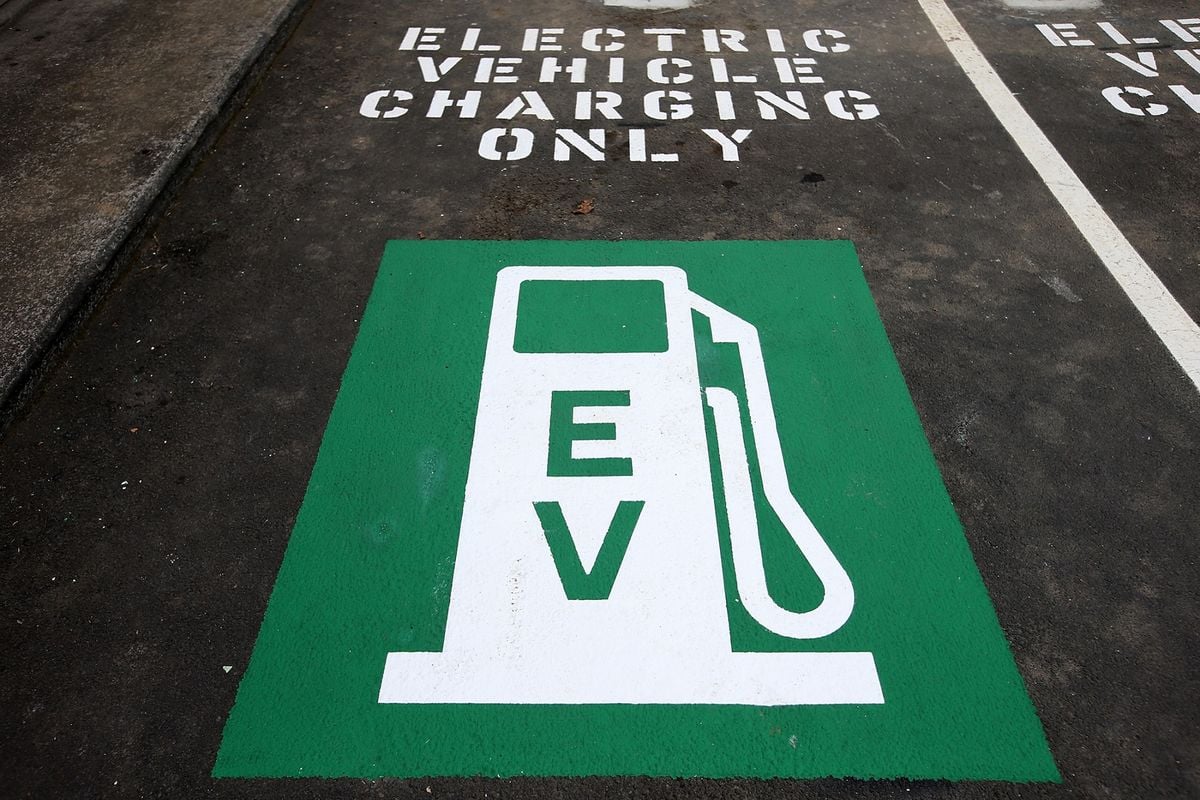Global Courant 2023-04-26 19:11:03
WesBank says the transition to New Energy Vehicles (NEVs) goes beyond replacing internal combustion engines (ICE) with new technologies, but will also be critical to achieving the global goal of carbon neutrality by 2050.
WesBank, RMB and FNB, all divisions of FirstRand, hosted a roundtable with industry experts and key government policymakers to address the key challenges facing the transition to NEVs.
Although he did not attend the conference, Commerce, Industry and Competition Secretary Ebrahim Patel announced that his department will finalize the EV strategy for the country by the end of the current fiscal year, which ends in March 2024.
“RMB encourages public-private partnerships to enable the transition to NEVs to positively impact the future of the South African automotive industry,” said Nana Phiri, Head of Corporate Client Segment RMB.
“We are encouraged by the government’s willingness to promulgate regulations and create a framework within which our domestic, export-oriented automotive sector can secure investment and ensure the viability of South Africa’s automotive sector.”
“RMB is committed to funding sustainable projects that will feed the NEV supply chain and enable a reliable and efficient national infrastructure to support South Africa’s NEV footprint.”
WesBank CEO Ghana Msibi said the company recognized that the shift to decarbonization was not just related to vehicle financing or financing in general.
“We are committed to contributing to a sustainable future that goes beyond our core business,” said Msibi.
In addition, he said South Africa has an opportunity to lead the continent in climate mitigation given the country’s natural resources such as coal, natural gas, wind and solar energy.
WesBank said the country’s auto industry is one of the largest in Africa and a major contributor to the domestic economy, meaning it should move quickly and successfully to NEVs.
Despite having the mineral needed for battery electric vehicles (BEVs), Africa currently has only a small share of global vehicle production.
In addition, the demand for vehicles in Africa will triple in the next 10 years, presenting a great opportunity for all involved.
WesBank highlighted that NEVs face several challenges in achieving wider adoption by South African consumers, including restrictions on product availability, a lack of awareness around range anxiety and the cost of ownership, questions about the reliability of the electricity supply and a limited understanding of the technology. .
“The lack of customer education about the benefits of NEVs, especially BEVs, remains a major challenge for all stakeholders. Another major obstacle to wider adoption of NEVs in South Africa is the significant upfront investment required to establish a reliable and efficient national charging infrastructure,” said Msibi.
“While we see remarkable growth in financed hybrids, sales of pure electric vehicles remain sluggish. The hurdle we face in finalizing policies and regulations related to the long term future and sustainability of the South African automotive industry is an absolute necessity that we must overcome so that we can make decisions with confidence and to make progress.”
Read: All-new Honda Civic Type R launches in South Africa – prices and features




